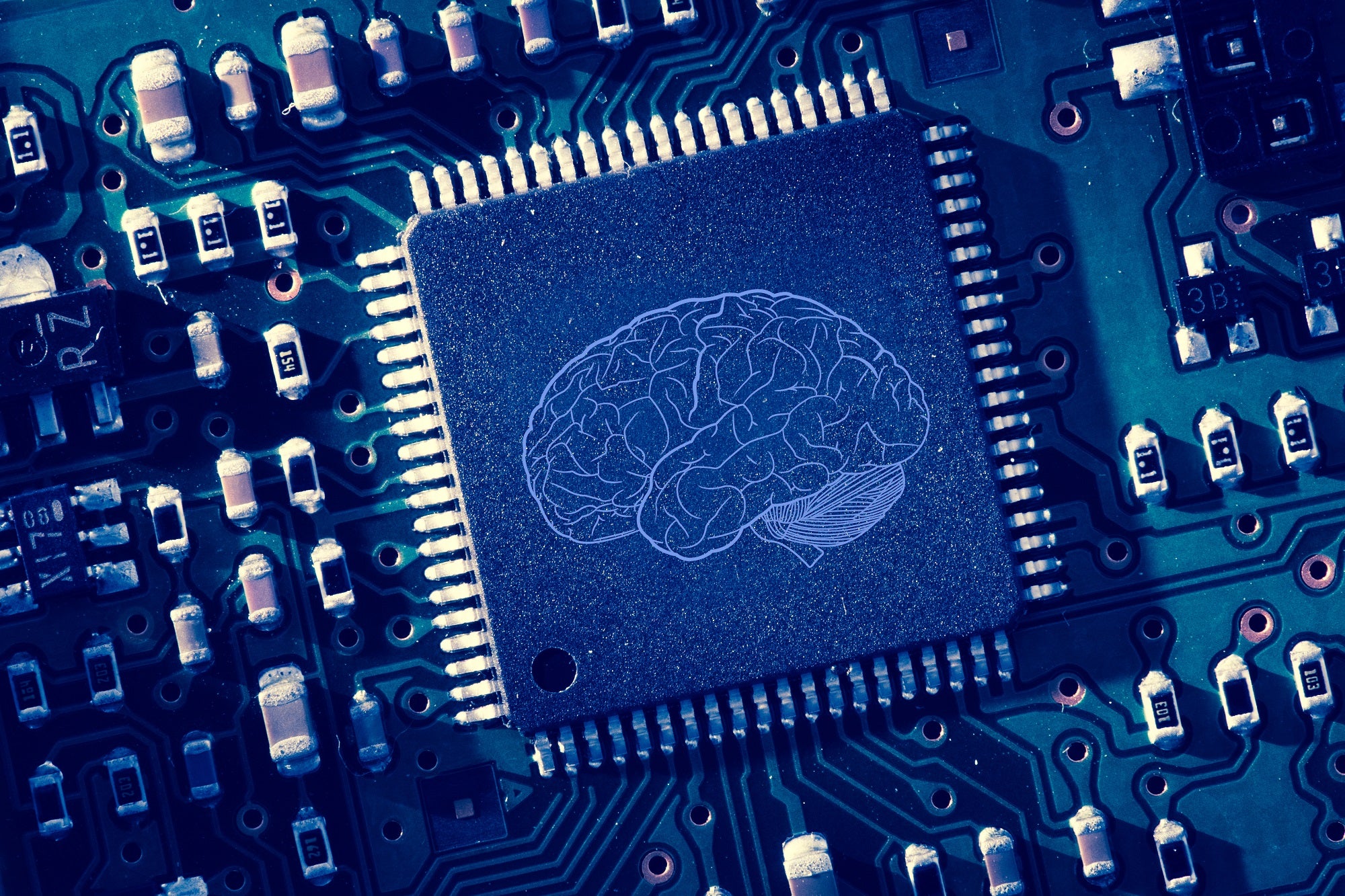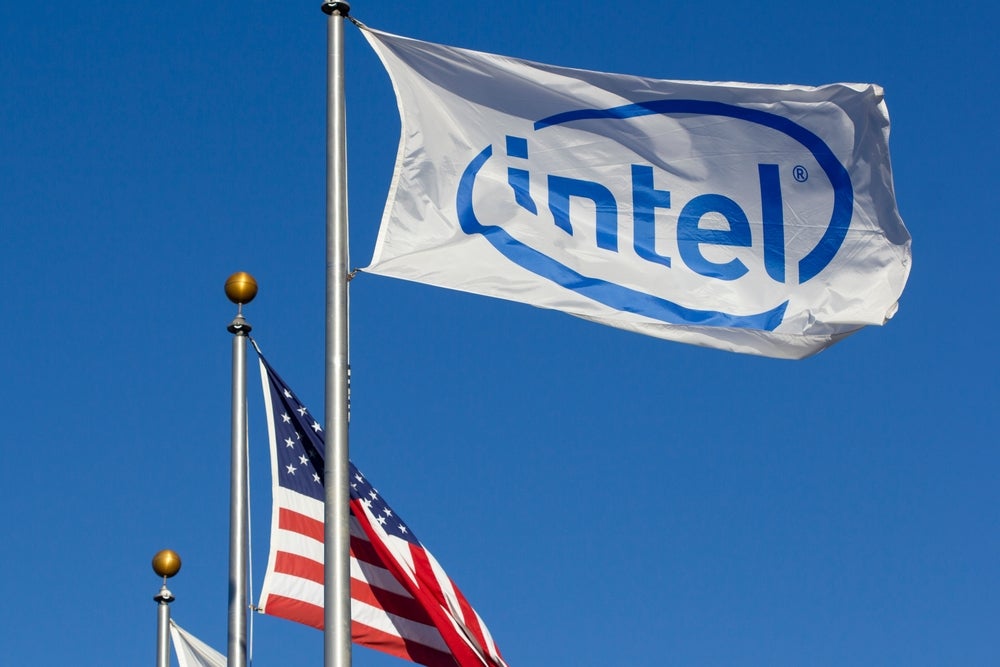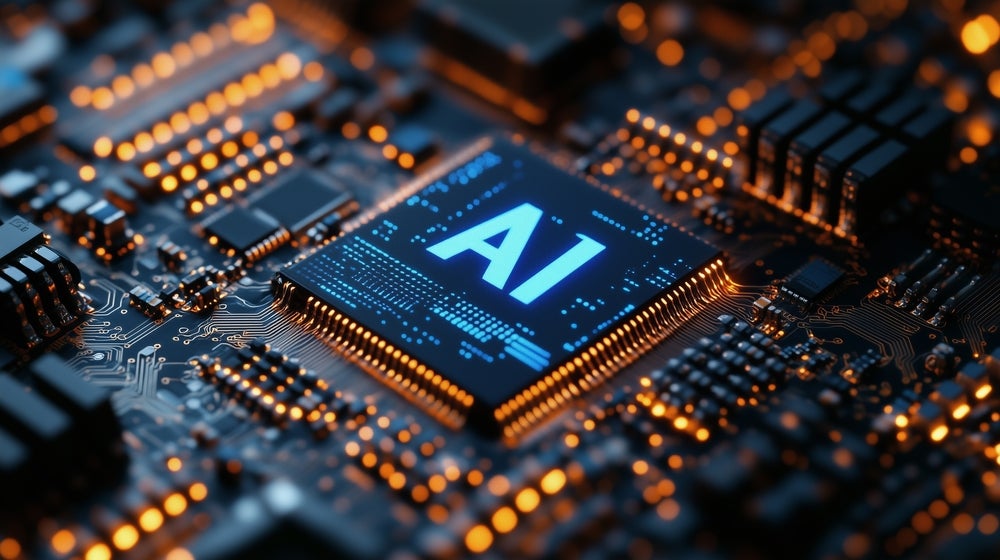
BrainChip has formed an alliance with Lorser Industries to develop neuromorphic computing solutions to power software-defined radio (SDR) devices.
Under the alliance, the companies will leverage BrainChip’s Akida, an artificial intelligence (AI) processor that is said to mimic the human brain using neuromorphic principles.
The collaboration aims to enhance the adaptability, reliability, and scale of SDR devices.
SDR is useful in the fields of aerospace, astronomy, geography, logistics, navigation and oceanography in addition to sending and receiving shortwave and broadcast radio on a global scale.
BrainChip vice president of ecosystems & partnerships Rob Telson said: “BrainChip and Lorser share a common interest in creating intelligent devices that can manage communication in a variety of different and evolving environments.
“Lorser, with their leadership in advanced SDR technology is the ideal partner for us to work with on a breakthrough device with the ability to utilise AI/ML to identify patterns, detect anomalies and intelligently adapt to a range of scenarios.”
How well do you really know your competitors?
Access the most comprehensive Company Profiles on the market, powered by GlobalData. Save hours of research. Gain competitive edge.

Thank you!
Your download email will arrive shortly
Not ready to buy yet? Download a free sample
We are confident about the unique quality of our Company Profiles. However, we want you to make the most beneficial decision for your business, so we offer a free sample that you can download by submitting the below form
By GlobalDataWith AI and machine learning (ML), Akida’s neural network processing is expected to enable SDR devices to carry out sophisticated tasks, such as signal detection, classification, modulation/demodulation, encryption/decryption, and anomaly detection in signal or auditory data.
Lorser Industries CEO Diane Serban said: “We believe that neuromorphic computing is the future of AI/ML, and an SDR with neuromorphic AI/ML capability will offer users significantly more functionality, flexibility, and efficiency.
“The Akida processor and IP is the ideal solution for SDR devices because of its low power consumption, high performance, and, importantly, its ability to learn on-chip, after deployment in the field.







